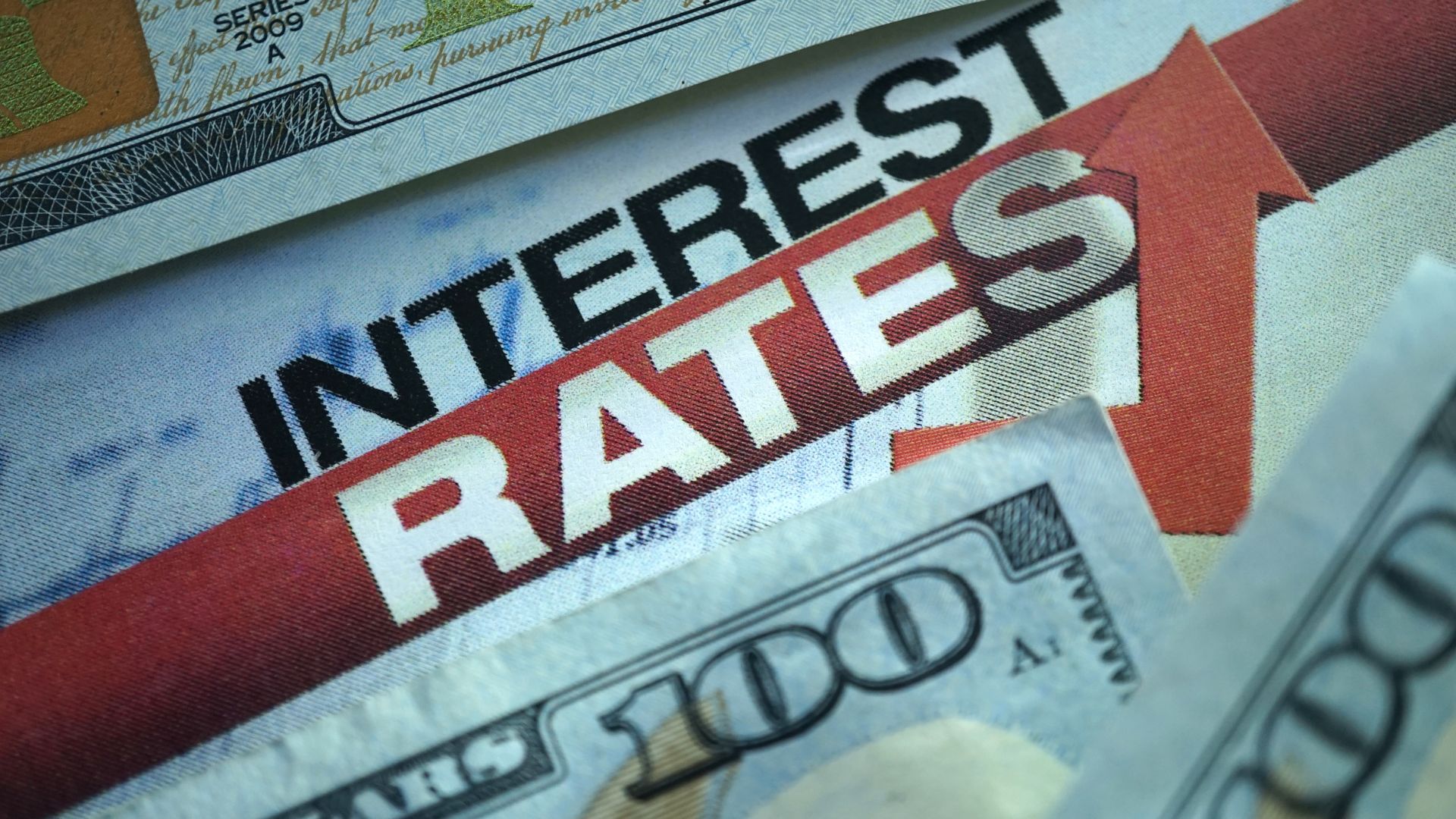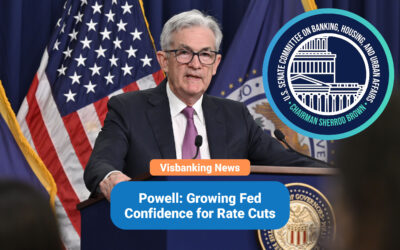By: Ken Chase.
Estimated reading time: 3 minutes
As many analysts predicted, the U.S. Federal Reserve ramped up its efforts to rein in persistently high inflation by increasing its benchmark interest rate by 75 basis points on Wednesday, the largest increase in nearly three decades. The move came on the heels of news that consumer prices in May rose more than expected while the most recent producer price index showed an increase of 10.8% from the prior year.
In a June 15 statement, the Fed reaffirmed its commitment to reducing inflation to its target 2 percent goal and suggested that the overall outlook for the U.S. economy remains positive. In support of that view, the Board of Governors cited “robust” job gains, low unemployment, and second quarter economic activity that “appears to have picked up after edging down in the first quarter.”
In a briefing on Wednesday, Chairman Jerome Powell said, “We at the Fed understand the hardship that high inflation is causing. We’re strongly committed to bringing inflation back down and we’re moving expeditiously to do so.”
For weeks, the Federal Reserve had been signaling a 50 basispoint increase for June, as officials seemed to believe that inflation would slow without more aggressive action. Powell’s Wednesday comments suggest that the Fed no longer believes that to be the case. In fact, he hinted at a similar rate hike next month, noting that “either a 50 basis point or a 75 basis point increase seems most likely at our next meeting. We anticipate that ongoing rate increases will be appropriate.”
Ongoing supply chain issues have left the Fed with few options other than to raise interest rates in an attempt to dampen consumer demand. With the U.S. administration unlikely to reverse policies that discourage domestic energy production, the high energy costs that have contributed to higher prices throughout the economy may continue for the foreseeable future. The Fed’s challenge will be to reduce demand in a way that slows the economy without causing a recession.
Powell seems to recognize that challenge and has suggested that there is a good chance that the Fed can manage a guided “soft landing” for the economy that slows inflation and growth without sending the economy into negative territory. However, the Fed’s previous attempts to achieve soft landings with tightened policies have been spotty at best. As former Federal Reserve Board vice-chairman Alan Blinder noted in his research, eight of eleven tightening cycles have resulted in recessions since 1965.
Many outside observers also doubt the Fed’s ability to manage a soft landing in this instance, particularly in light of its belated response to rising inflation. According to Quill Intelligence CEO and chief strategist Danielle DiMartino Booth, “The window for the Fed to engineer a soft landing has likely closed, since the economy is already starting to deteriorate before the bulk of the Fed’s inflation-fighting tightening actions have taken place. The last economic pillar standing is the jobs market, but we’re already seeing a weakening in new job posting.”




